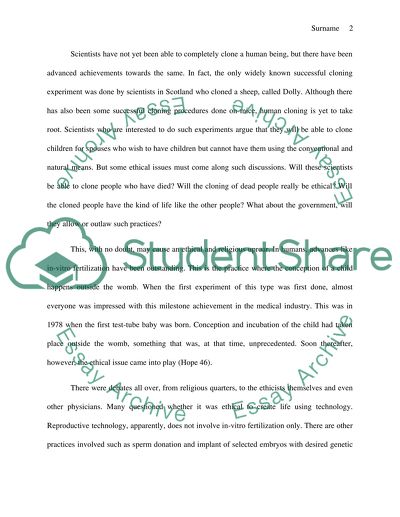Cite this document
(“Medical Ethics: by Tony Hope Essay Example | Topics and Well Written Essays - 2250 words”, n.d.)
Retrieved from https://studentshare.org/philosophy/1398123-medical-ethics-by-tony-hope
Retrieved from https://studentshare.org/philosophy/1398123-medical-ethics-by-tony-hope
(Medical Ethics: By Tony Hope Essay Example | Topics and Well Written Essays - 2250 Words)
https://studentshare.org/philosophy/1398123-medical-ethics-by-tony-hope.
https://studentshare.org/philosophy/1398123-medical-ethics-by-tony-hope.
“Medical Ethics: By Tony Hope Essay Example | Topics and Well Written Essays - 2250 Words”, n.d. https://studentshare.org/philosophy/1398123-medical-ethics-by-tony-hope.


